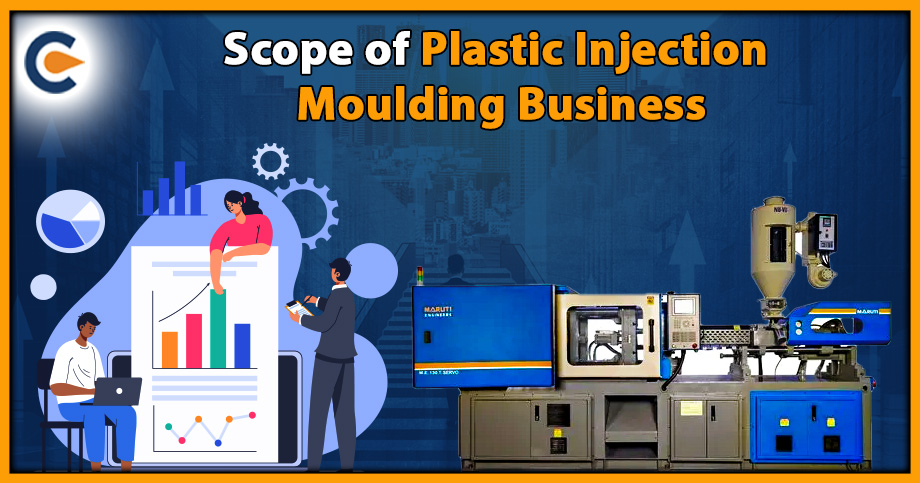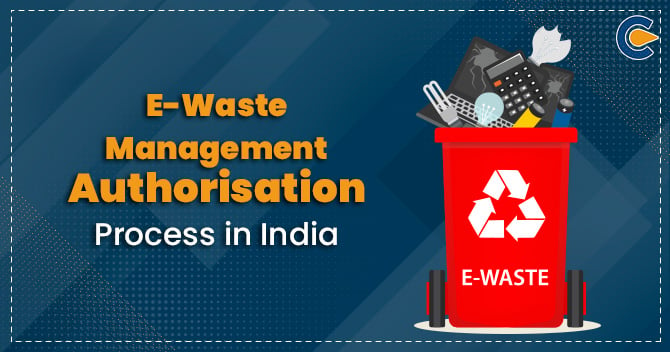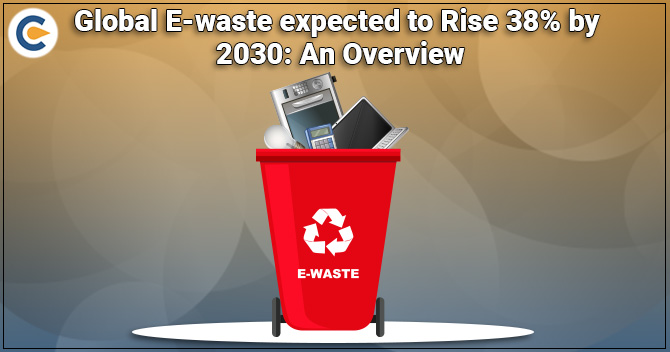Plastic injection moulding is the manufacturing process that allows the desired parts to be produced in larger quantities. It works by injecting molten materials into the mould. The plastic injection moulding businesses typically mass-produce identical items. The most commonly used variety is thermoplastic and thermosetting polymers.
Characteristics of Plastic Injection Moulding
There are varieties of reasons for using Plastic injection moulding; some are:
Efficiency
Plastic injection moulding machines can produce thousands of moulding per hour. Using electric injection moulding machines makes the process more energy efficient.
Flexibility
The manufacturers have the flexibility to choose the type of thermoplastic and mould design for each part to produce it in large quantities.
Consistency
When the parameters of this Plastic injection moulding are correctly given, the injection moulding process can provide thousands of components quickly at consistent quality.
Cost-Effective
If one moulding machine is built, it can provide several moulded components. The cost per component will be relatively low compared to its vast production.
Quality
When the injection moulding machine is set with proper parameters, and when the manufacturers are looking for a quality and highly detailed component, the plastic injection moulding process can provide one repeatedly.
Durability
The moulded components’ durability is consistent when high-quality thermoplastic is used.
What Kinds Of Plastics Are Used In The Plastic Injection Moulding Business?
The most common type of plastic used in plastic injection moulding is High-density polyethylene (HDPE) and Low- density polyethylene (LDPE), which provides good tensile strength, resistance to moisture absorption and recyclability. Other common types of plastics used in plastic injection moulding are:
- Acrylonitrile Butadiene Styrene (ABS)
This variety of plastic is tough, impact resistant, and widely used as acid resistance components.
- Polycarbonate (PC)
This variety of plastic has a low shrinking rate and a good dimensional facility. It is also a transparent plastic and also good heat resistance.
- Aliphatic Polyamides (PPA)
Different types of PPA (Nylons) offer good hardness and stiffness with good impact strength.
- Polyoxymethylene (POM)
The POM has high hardness, stiffness, strength and toughness. It has good resistance to hydrocarbons and organic solvents.
- Polymethyl Methacrylate (PMMA)
PMMA provides optical properties, high gloss and scratch resistance.
- Polypropylene (PP)
This kind of polymer offers greater resistance and is also wear-resistant, flexible and can provide very high elongation, as well as resistant to acids and bases.
- Polybutylene Terephthalate (PBT)
The PBT has good electrical properties and is ideal for power components and automotive applications. The strength ranges from moderate to high, depending on the glass fill.
- Polyphenylsulfone (PPSU)
The PPSU is a stable material with high toughness, temperature and heat resistance.
- Polyether Ether Ketone (PEEK)
This high-temperature, high-performance resin provides heat resistance, flame retardancy, excellent strength, dimensional stability, and good chemical resistance.
- Polyetherimide (PEI)
PEI offers high-temperature resistance and flame retardancy.
Process Involved in Plastic Moulding Injection
The plastic injection moulding process may look simple, but many parameters need to be controlled correctly to ensure high-quality plastic components. A better understanding of the process would help the entrepreneurs to identify the suitable raw material which gives durable and quality components.
Selection of Suitable Thermoplastic and Moulds
In the manufacturing process of injection moulding, the key line is figuring out the proper thermoplastic granules and moulds. Since these are the key components that decide the final products, the Plastic Injection Moulding Business needs to consider the interaction between the thermoplastic granules and moulds because certain thermoplastics might not be suitable for a certain type of mould.
After selecting the proper moulding machine, testing the tool with the right thermoplastic is key to ensuring the final product’s quality and sustainability.
Feeding and Heating Thermoplastic
Once the material granules are chosen, they are fed into a hopper via a heated barrel. The heat from the barrel gradually warms and melts the thermoplastic into a molten form. Maintaining the right temperature in the barrel is the key part of the process to ensure the plastic can be efficiently injected and the final part formed accurately.
Injection of Plastic into Mould Machine
The melted plastic is injected into the moulding machine with the help of a nozzle in the mould cavity. The pressure in the mould machine must be balanced to ensure the parts forms correctly and that no plastic escapes the tool during the injection.
Holding and Cooling Time
Once the melted plastic is injected into the moulding machine, it is under pressure for a certain period, and it is called holding time. The time ranges from milliseconds to minutes depending on the thermoplastic and the design. After the holding phase, the mould is allowed to cool when the pressure is released, called moulding time.
Finishing Process
After the holding and cooling phase, the moulded product can be polished, dyed and trimmed to remove excessive plastics. Once every process is over, the desired component is ready for packing and distribution.
Documents and Licenses Required For Plastic Moulding Business
Documents Required For Registration for Plastic Moulding Business as Producer/ Importer/ Brandowner from SPCB
- Copy of valid Consent to Operate.
- Copy of COR (certificate of registration) issued by the District Industries Centre or MSME.
- Manufacturing process flowchart & Description.
- Details of Pollution Control devices.
- Photograph of the unit/production site.
- Supporting documents related to details of plastic packaging supplied to/ Acquired from
- Copy of EPR plan endorsed by Urban Development Department
General Documents Required For Setting up Plastic Injection Moulding Business
- Company Incorporation Certificate
- Factory Licence
- GST Registration
- MSME Registration
- NOC from the State pollution control board
- PAN Card
- Aadhar Card
- Trade License by CEPC
EPR Authorization:
As per the new guidelines of the Plastic Waste Management (Amendment) Rules 2022, the Producers, Importers & Brand-Owners (PIBOs) are given specific mandates under the procedures to register themselves on a Centralized EPR Portal developed by CPCB[1]. PWPs, already registered with the State Pollution Control Boards (SPCBs) and Pollution Control Committees (PCCs) are also required to register on the EPR Portal.
Documents Required For EPR Authorization.
- Address proof documents of the Manufacturer.
- GST Certificate with the address of the Manufacturing Unit.
- Copy of documents and certificate of Company Registrar or Directorate of Company.
- Copies of agreement documents with dealers, collection centres, dismantlers, recyclers, treatment, storage and disposal facilities etc.
- Self-declaration for compliance with RoHS in the prescribed format.
- The technical documents.
- Copy of the permissions and licenses from the relevant ministry/department for marketing various products.
- Copy of authorization issued by the SPCBs and PCCs
- Documents related to the EPR plan.
- Estimated budget earmarked for Extended Producer Responsibility (EPR)
Advantages of Doing a Plastic Moulding Business
- The plastic injection moulding business provides massive profit due to its mass production feature.
- In a manufacturing industry, handling waste from the process will be hectic for the owners to tackle effectively. In the case of the plastic injection moulding business, the amount of waste produced is significantly less despite its nature, and it’s a massive advantage to business owners.
- The manufacturing process is monotonous and the same, so there is nothing new to be added or removed. In this Plastic moulding Business, no complex process is involved; instead, the process is repeated repeatedly.
- In plastic injection moulding three different moulds can be made in one process depending upon the type of the moulding machine.
- The plastic injection moulding business is one of the profit-making businesses. Once the investment is made in a moulding machine, it can be used to mould huge components.
Conclusion
The plastic injection moulding business is expected to grow due to the rising demand from packaging, medical applications, building & construction, electrical & electronics industries etc. Additionally, the innovations in injection moulding technologies have an appositive impact on the plastic injection moulding market growth. Also, government support for recyclable plastic packaging to reduce carbon footprint is expected to drive market growth.
Read Our Article: Legal Regulations For Setting Up Plastic Injection Moulding Business











